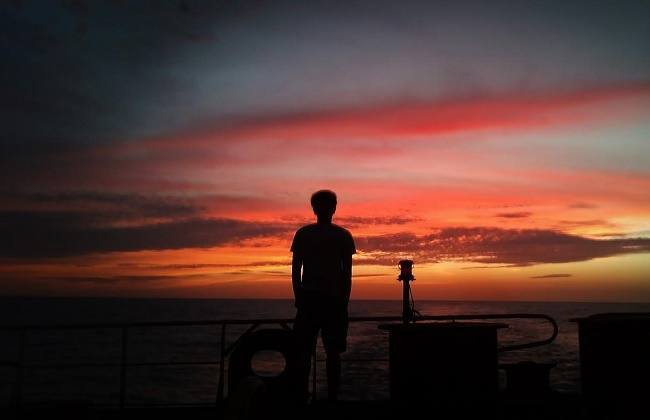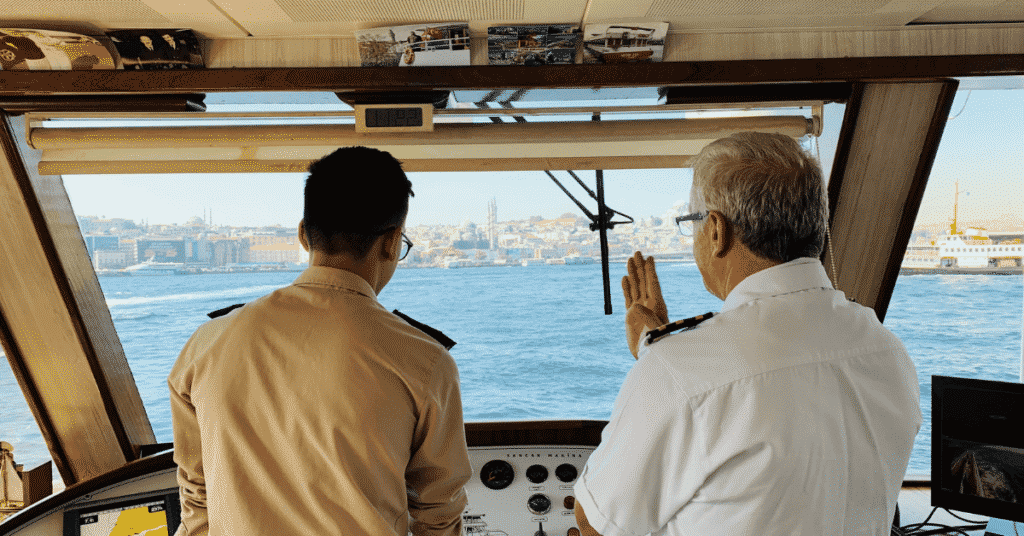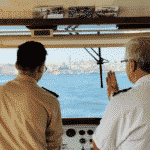8 Ways for Mariners to Fight Frustration During Job Search
Job search is no easy task. The highs and lows of it can take a toll on anyone’s morale. The circumstances that led to joblessness become redundant once you get into the phase of job search. What matters then is how well you face the current situation.
The maritime industry has been seeing the rough side of employment for some time now. Many major marine based economies have had setbacks due to sinking recession which means more seafarers find themselves looking for jobs than before. Besides, there are also those mariners who wish for a job change due to other reasons.
In end, job search is becoming a common thing for seafarers and so is the frustration that accompanies job search. Fighting off this frustration is just as important as it is easy, if there is a planned way to go about it. Here are some ways to that can be used to fight off the demons of hopelessness.

1. Contemplate: something that most mariners in the phase of job search will get wrong is the understanding that job search is a full time job in itself. Once out of a job, it is important to realize that job search is going to be exhausting, to say the least. If you jump into it not understanding this fact, frustration is bound to sink in sooner than it should. So when you face this situation, begin your search with an understanding that it might be tougher than you anticipate.
2. Strategize: So the first practical thing to do to beat that frustration is to make a strategy. It will be your ready-for-action plan that will allow you to ward off any frustration that could build up later. Start with laying down what you need to do and how to do it, their order and how you will get it done. For example, lay out a plan networking that happens to be very important in job search. Getting in touch with people through phone, internet or using websites such as LinkedIn for your job search or a combination of all these (the best option!) are all probable choices and you need to make a plan how such things will be handled. However, do not spend a lot of time on making the strategy and get to work quickly.
3. Research: This is the most important step of any job search. Your research lets you know about all the available opportunities out there for you and the resources available at your disposal. For example, if you are looking for a shore based job, start by looking what kinds of jobs are available. For example, many marine engineers are presently finding jobs as quality managers or commercial consultants, insurance inspection chiefs etc in shore based shipping companies. Start looking for all such job openings in your local area, look for people you can contact- colleagues from vessels you worked on previously or people you know who work in similar jobs. And if there is a position that you are interested in but need some special skills (like accountancy, report writing, typing or additional languages) then you should focus on finding out what they are and how to acquire them.
4. Make over: the frustration hits every job searcher when all search leads to a dead end. How to avoid that? Search via a new path i.e. doing things differently. Start with your resume. Make it a more achievement based depiction of experience you have gained over your years in service. Mention all skills you have acquired, tasks you have performed and chances you have taken. For example, instead of using a preformed template for resume, make one of your own from scratch. Add all your skills singularly, in bullet points.
5. Socialize: most seafarers report highest rate of frustration once they start cutting off from rest of the world. Absence of job is a difficult situation to deal with but cutting people out of life would only make the frustration more pronounced. Best idea is to go out and meet people. Networking and forming connections is very important at this stage. Go out for lunch with someone you know, maybe even vaguely who works at a prospective company or in field of your choice. Offer to buy.
6. Follow a schedule: Mariners, especially seafaring mariners often find it very hard to deal with situation of having no job. Sans hard routine of a ship, life seems like a void that is often filled up with frustration. What you can do to avoid it is to make a schedule and follow it. Don’t stay in bed. Get out. Do something. Meet people. Send out emails and your resume. Call everyone you might know. Get on with your job of job search.
7. Set realistic goals: if you expected to be back at job within a month of losing your previous job, you might end up with only frustration a month later. At present, oil and gas extraction industry in America alone has one of the lowest employment rates. Situation is similar in many other parts of the marine industry. That spells not so good news for all mariners out there who are looking for job change. Under such circumstances, it is best to understand gravity of situation and plan your job search accordingly to avoid being hit by pang of frustration when you might be very close to the end.
8. Take a break: Loss of job means a change in many things but giving up on things you like with the job search pressure is only going to increase frustration levels. Go out with family, have a few drinks, go fishing, read, play monopoly. Do things that make you happy and continue doing things that will lead to the final end. Just don’t give up on yourself and your dream of finding the right maritime job for you.
You may also like to read – How to find Maritime Jobs Using “Linkedin”?

About Author
Raunek Kantharia is a marine engineer turned maritime writer and entrepreneur. After a brief stint at the sea, he founded Marine Insight in 2010. Apart from managing Marine Insight, he also writes for a number of maritime magazines and websites.
Do you have info to share with us ? Suggest a correction
Latest Marine career Articles You Would Like:
Subscribe To Our Newsletters
By subscribing, you agree to our Privacy Policy and may receive occasional deal communications; you can unsubscribe anytime.















